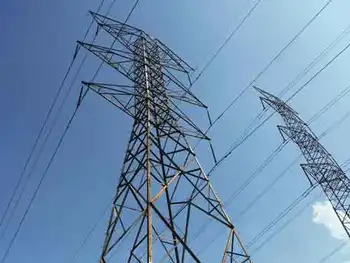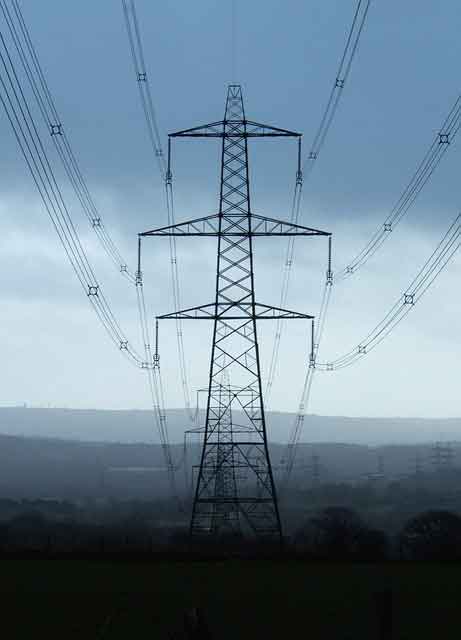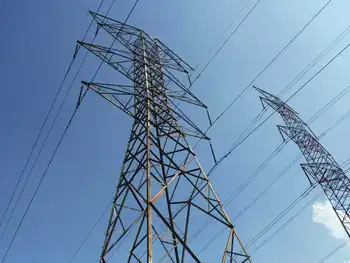TVA may raise base rates
By Knoxville News Sentinel
Electrical Testing & Commissioning of Power Systems
Our customized live online or in‑person group training can be delivered to your staff at your location.

- Live Online
- 12 hours Instructor-led
- Group Training Available
Earlier this month the federal power provider announced that customers could expect a fuel-related rate increase in the 10 percent to 25 percent range starting Oct. 1. The quarterly fuel adjustment allows TVA to pass along fluctuations in the price of coal, natural gas and other fuels to its customers.
The base rate is the guaranteed rate, set by the TVA board, that customers pay each month unless changed by a board vote. That revenue covers nonfuel-related expenses such as energy efficiency and demand response programs and improvements to existing fossil, hydro and nuclear plants.
Currently, the base rate for TVA residential customers is, on average, 8.9 cents per kilowatt hour. The fuel adjustment rate is .68 cents per kilowatt hour. The last base rate increase of approximately one-half-cent per kilowatt hour went into effect in April, adding $7 to $13 to the average residential customer's bill.
The board meeting will be 10 a.m. August 20, at TVA's West Tower Auditorium, 400 West Summit Hill Drive. A public listening session will be at 8:30 a.m. Speakers must pre-register at www.tva.gov or sign in before the session.
At the meeting, board members will consider the budget for fiscal year 2009, a process that includes "an examination of TVA's operating costs, which are also increasing," TVA spokesman Jim Allen said in an e-mail message. "At this time, the TVA board has not made any final determination on the need for a base rate increase.
"When our costs for products used to make improvements rise, our costs rise," Allen said.
Base rates also cover capital investments, Allen said. TVA has said the eight-state region it supplies will need 6,000-12,000 megawatts of new generation capacity in the coming 10 to 15 years.
"These much-needed generation additions are part of a comprehensive approach to meet demand that includes the purchase of new facilities, transmission system upgrades, the completion of Unit 2 at Watts Bar Nuclear Plant and investments in energy efficiency programs," Allen said.
TVA is considering construction of two new nuclear reactors at its Bellefonte site near Scottsboro, Ala. Officials have recently said the agency is also considering completion of two partially completed reactors there.
TVA supplies power to 8.7 million people in seven states through a network of 159 distributors.
After a string of maintenance issues, TVA's fleet of nuclear reactors is almost back online.
The reactor at TVA's Watts Bar site near Spring City, Tenn., was reconnected to the system August 15 and is slowly being brought back to full generation. The plant was shut down August 7 to repair a hydrogen leak in the plant's primary generator. Late August 15 the unit was operating at 55 percent capacity. Allen said power was being methodically returned to the plant, although he said he did not know when it would be fully restored.
All three units are now operational at TVA's Browns Ferry site near Athens, Ala. where two transformer failures led to the shut-down, also on Aug. 7, of the site's cooling towers, resulting in a power downgrade. In addition, on Aug. 8, an unrelated thermal instrumentation leak shut down the Browns Ferry Unit 1 reactor completely. As of August 15, both units 1 and 2 had been fully restored. Unit 3, however, is operating at 81 percent power while workers perform maintenance on one of its three feedwater pumps.
At capacity, Browns Ferry can produce 3,440 megawatts of power. Watts Bar, near Spring City, Tenn., has a capacity of about 1,100 megawatts. TVA also has two reactors at its Sequoyah site north of Chattanooga that produce 2,320 megawatts of power.
Nuclear power makes up about 30 percent of TVA's generating capabilities.











